Dementia
How to submit an article:
- Registered users can submit any published journal article that has a unique DOI (Digital Object Identifier) name or link to Research Hub.
- For example, you can paste the full DOI link:
https://doi.org/10.1109/5.771073or just the DOI name:10.1109/5.771073into the field above and click submit. - The person who is first to submit a valid article to Research Hub will forever be credited for it, and every article submission earns you +6 Research Points.
Dementia is a progressive decline in cognitive function due to damage or disease affecting the brain, affecting memory, thinking, behavior, and the ability to perform everyday activities.
Related Topics
Published research studies are articles that present the findings of original research that has undergone a peer-review process and has been made publicly available in scholarly journals, books or other media.
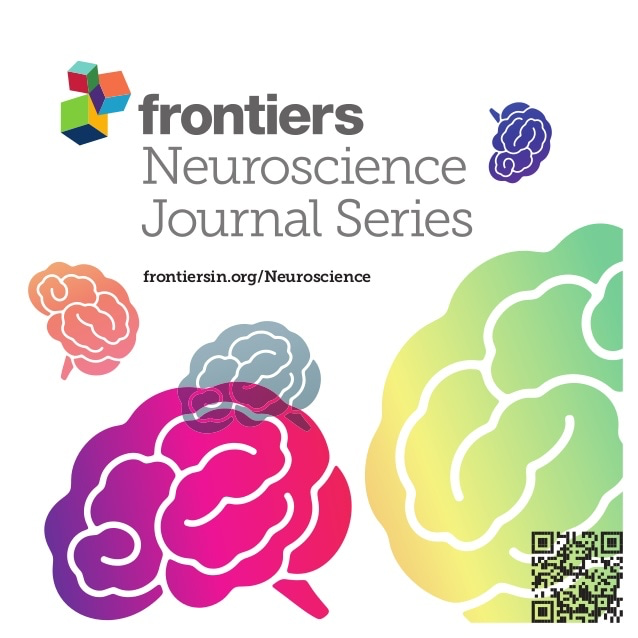
A mechanistic review of pharmacological activities of homeopathic medicine licorice against neural diseases
2023 Mar 06 Frontiers in Neuroscience Zulfugarova P, Zivari-Ghader T, Maharramova S, Ahmadian E, Eftekhari A, Khalilov R, et al.
Licorice extract and/or its active components can be used safely in therapeutic doses for optimizing the management of a multiple neurodegenerative disorders, and hampering the extent of neural tissue injury and neurologic deficits subsequent to cerebrovascular accidents.
Review Article Gan Cao Licorice Neurological Disorders Neurodegenerative Diseases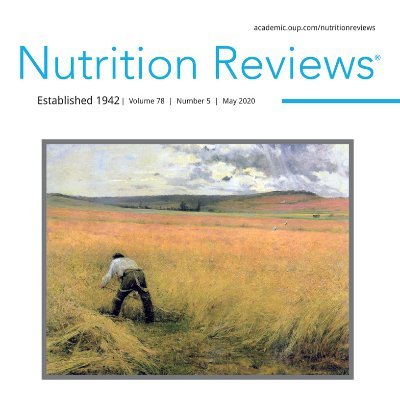
B vitamins and prevention of cognitive decline and incident dementia: a systematic review and meta-analysis
2021 Aug 25 Nutrition Reviews Wang Z, Zhu W, Xing Y, Jia J, Tang Y
This meta-analysis suggests that B vitamin supplementation is associated with slowing of cognitive decline, especially in populations who received early intervention and intervention of long duration; the study also indicates that higher intake of dietary folate, but not B12 or B6, is associated with a reduced risk of incident dementia in non-dementia aged population.
Systematic Review Meta-Analysis Vitamin B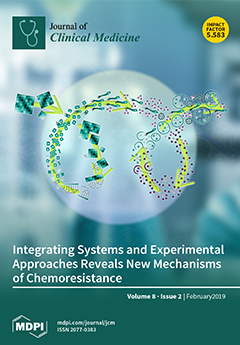
Acupuncture for Behavioral and Psychological Symptoms of Dementia: A Systematic Review and Meta-Analysis
2021 Jul 13 Journal of Clinical Medicine Kwon. C. & Lee. B.
This review highlights the limited evidence proving the effectiveness and safety of acupuncture for psychological symptoms of dementia (BPSD) in patients with Alzheimer’s disease. Although some clinical studies have reported the potential benefits of adjuvant acupuncture in managing BPSD, the evidence is not robust and is based on small studies. Therefore, high-quality research in this field is needed.
Systematic Review Meta-Analysis Neurological Disorders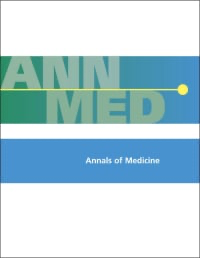
Walnut intake, cognitive outcomes and risk factors: a systematic review and meta-analysis
2021 Jan 15 Annals of Medicine Cahoon, D., Shertukde, S. P., Avendano, E. E., et al.
Systematic Review Meta-Analysis Walnut Dementia Alzheimer's Disease StrokeThe existing evidence, although with low level of confidence, suggests that walnut intake may have a beneficial effect on cognition-related outcomes, including cognitive function, mood, and stroke.
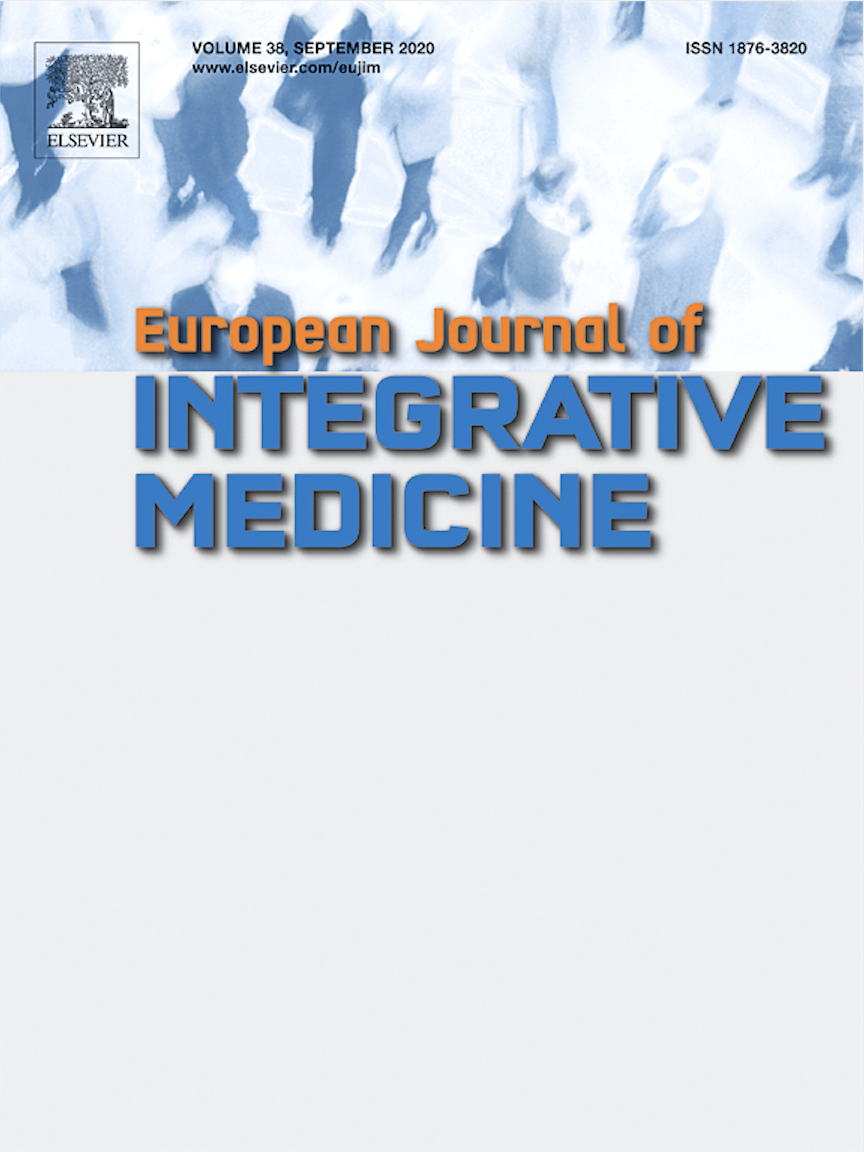
Effects of acupuncture on dementia: An overview of systematic reviews
2021 Jan European Journal of Integrative Medicine Shao S, Tang Y, Guo Y, Tian Z, Xiang D, Wu J
Systematic ReviewAcupuncture has beneficial effects on effectiveness, cognitive ability, and activities of daily living in the treatment of dementia.
Research insights are moderated by the Research Hub team and offer an at-a-glance overview of interesting research findings.

2021 Annals of Medicine
The existing evidence, although with low level of confidence, suggests that walnut intake may have a beneficial effect on cognition-related outcomes, including cognitive function, mood, and stroke.
Systematic Review Alzheimer's Disease Stroke Walnut
Walnut intake, cognitive outcomes and risk factors: a systematic review and meta-analysis
Cahoon, D., Shertukde, S. P., Avendano, E. E., et al.

2021 European Journal of Integrative Medicine
Acupuncture has beneficial effects on effectiveness, cognitive ability, and activities of daily living in the treatment of dementia.
Systematic Review
Effects of acupuncture on dementia: An overview of systematic reviews
Shao S, Tang Y, Guo Y, Tian Z, Xiang D, Wu J

2020 Evidence-Based Complementary and Alternative Medicine
Tian Ma, a traditional Chinese medicine, shows promise as a complementary therapy for aging-related diseases, including Alzheimer's and cerebrocardiovascular diseases.
Review Article Alzheimer's Disease
Gastrodia elata Blume (Tianma): Hope for Brain Aging and Dementia
Heese K
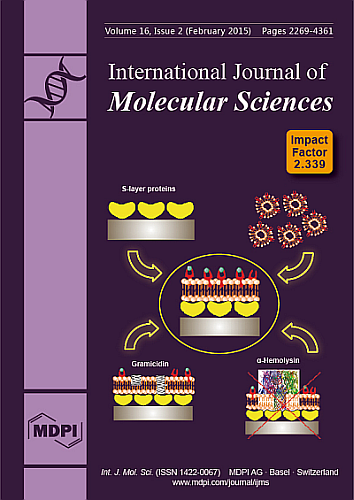
2020 International Journal of Molecular Sciences
Regular coffee consumption, due to its bioactive compounds, may have protective effects against chronic disorders and certain neurodegenerative conditions.
Review Article Alzheimer's Disease Cardiovascular Disease Coffee Neuroprotective Obesity
Neuroprotective Effects of Coffee Bioactive Compounds: A Review
Socała K, Szopa A, Serefko A, Poleszak E, Wlaź P

2020 Medicine
Danggui Shaoyao San provides clinically important reductions in symptoms of Alzheimer's disease and vascular dementia and can be a promising anti-dementia drug candidate.
Systematic Review Dang Gui Shao Yao San
Danggui-Shaoyao-San for dementia: A PRISMA-compliant systematic review and meta-analysis
Kim Y, Cho SH.
Review Articles
Review articles summarise and critically evaluate the current state of research on a specific topic or field by synthesising multiple primary research studies.

A mechanistic review of pharmacological activities of homeopathic medicine licorice against neural diseases
2023 Mar 06 Frontiers in Neuroscience Zulfugarova P, Zivari-Ghader T, Maharramova S, Ahmadian E, Eftekhari A, Khalilov R, et al.
Licorice extract and/or its active components can be used safely in therapeutic doses for optimizing the management of a multiple neurodegenerative disorders, and hampering the extent of neural tissue injury and neurologic deficits subsequent to cerebrovascular accidents.
Review Article Gan Cao Licorice Neurological Disorders Neurodegenerative Diseases
B vitamins and prevention of cognitive decline and incident dementia: a systematic review and meta-analysis
2021 Aug 25 Nutrition Reviews Wang Z, Zhu W, Xing Y, Jia J, Tang Y
This meta-analysis suggests that B vitamin supplementation is associated with slowing of cognitive decline, especially in populations who received early intervention and intervention of long duration; the study also indicates that higher intake of dietary folate, but not B12 or B6, is associated with a reduced risk of incident dementia in non-dementia aged population.
Systematic Review Meta-Analysis Vitamin B
Acupuncture for Behavioral and Psychological Symptoms of Dementia: A Systematic Review and Meta-Analysis
2021 Jul 13 Journal of Clinical Medicine Kwon. C. & Lee. B.
This review highlights the limited evidence proving the effectiveness and safety of acupuncture for psychological symptoms of dementia (BPSD) in patients with Alzheimer’s disease. Although some clinical studies have reported the potential benefits of adjuvant acupuncture in managing BPSD, the evidence is not robust and is based on small studies. Therefore, high-quality research in this field is needed.
Systematic Review Meta-Analysis Neurological Disorders
Walnut intake, cognitive outcomes and risk factors: a systematic review and meta-analysis
2021 Jan 15 Annals of Medicine Cahoon, D., Shertukde, S. P., Avendano, E. E., et al.
Systematic Review Meta-Analysis Walnut Dementia Alzheimer's Disease StrokeThe existing evidence, although with low level of confidence, suggests that walnut intake may have a beneficial effect on cognition-related outcomes, including cognitive function, mood, and stroke.

Effects of acupuncture on dementia: An overview of systematic reviews
2021 Jan European Journal of Integrative Medicine Shao S, Tang Y, Guo Y, Tian Z, Xiang D, Wu J
Systematic ReviewAcupuncture has beneficial effects on effectiveness, cognitive ability, and activities of daily living in the treatment of dementia.
Clinical Trials
Clinical trials are research studies that involve people and are conducted to evaluate the safety and efficacy of new treatments or interventions, such as drugs, medical devices, or behavioural therapies.
Study Protocols
Published study protocols are detailed plans that outline the objectives, methodology, statistical analyses, and organisation of a research study that have been made publicly available for others to review and use as a reference.

The effects of acupuncture on cognitive impairment of vascular dementia patients Protocol for a systematic review and meta-analysis
2019 Oct Medicine Tang, Yinshan PhDa, ∗; Shao, Shujun MDb; Zhou, You BDa; Xiong, Bing MDa; Cao, et al.
Study Protocol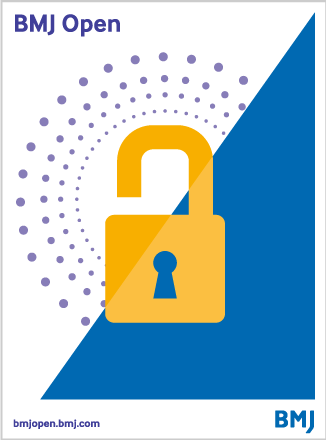
Acupuncture for patients with vascular dementia: a systematic review protocol
2017 Dec 6 BMJ Open Ye Y, Xiao LY, Liu YH, Yang JW, Yan CQ, Wang XR, et al.
Study Protocol Systematic ReviewPresentation Slides

Systematic Review
The existing evidence, although with low level of confidence, suggests that walnut intake may have a beneficial effect on cognition-related outcomes, including cognitive function, mood, and stroke.
Cahoon, D., Shertukde, S. P., Avendano, E. E., Tanprasertsuk, J., Scott, T. M., Johnson, E. J., Chung, M., & Nirmala, N.

Systematic Review
Acupuncture has beneficial effects on effectiveness, cognitive ability, and activities of daily living in the treatment of dementia.
Shao S, Tang Y, Guo Y, Tian Z, Xiang D, Wu J

Review Article
Tian Ma, a traditional Chinese medicine, shows promise as a complementary therapy for aging-related diseases, including Alzheimer's and cerebrocardiovascular diseases.
Heese K

Review Article
Regular coffee consumption, due to its bioactive compounds, may have protective effects against chronic disorders and certain neurodegenerative conditions.
Socała K, Szopa A, Serefko A, Poleszak E, Wlaź P

Systematic Review
Danggui Shaoyao San provides clinically important reductions in symptoms of Alzheimer's disease and vascular dementia and can be a promising anti-dementia drug candidate.
Kim Y, Cho SH.
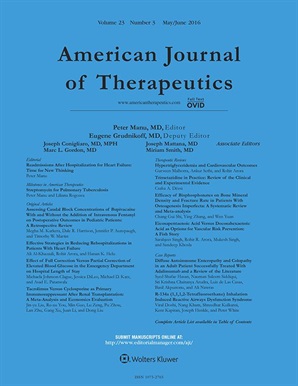
Review Article
Mg is essential in the metabolism of vitamin D, and taking large doses of vitamin D can induce severe depletion of Mg. Adequate magnesium supplementation should be considered as an important aspect of vitamin D therapy.
Reddy P, Edwards LR
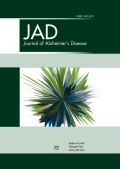
Systematic Review
Chinese herbal medicine as adjuvant therapy exerted an additive anti-vascular dementia benefit on Mini-Mental State Examination (MMSE) scores.
Xu, Qing-qing et al
Executive Summary
Write an executive summary in the form of a blog article on the topic of "Research into Chinese medicine treatment for Dementia" summarising the research below and using language that can be easily understood by patients and avoiding medical jargon using a professional and caring tone of voice.
Write an executive summary in the form of a blog article on the topic of "Researched Chinese medicine treatments for Dementia" summarising the research below in an objective and easy to understand way, and using language that can be easily understood by patients. Group the article into Chinese medicine treatments first, followed by nutrition and other treatments. Avoid using medical jargon and use a professional and caring tone of voice.
Write me a concise but easy to understand executive summary on the topic of "Chinese medicine treatments for Dementia" based on the following research that I will give you. Your summary should be 2 paragraphs long in Australian English spelling and include references to the studies.
A Systematic Review published in 2021 in the journal Annals of Medicine found that The existing evidence, although with low level of confidence, suggests that walnut intake may have a beneficial effect on cognition-related outcomes, including cognitive function, mood, and stroke. The existing evidence, although with low level of confidence, suggests that walnut intake may have a beneficial effect on cognition-related outcomes, including cognitive function, mood, and stroke. Limitations in study design and comparability render the available evidence insufficient to draw a firm conclusion regarding the effects of walnut on cognition in adults. High quality studies and standardized interventions and measurement tools are necessary to determine the role of walnut intake in cognitive health.
A Systematic Review published in 2021 in the journal European Journal of Integrative Medicine found that Acupuncture has beneficial effects on effectiveness, cognitive ability, and activities of daily living in the treatment of dementia. Thirteen SRs with meta-analyses met the inclusion criteria, including a total of 137 RCTs and 9012 participants. The results suggested that acupuncture has beneficial effects on effectiveness, cognitive ability, and activities of daily living in the treatment of dementia for 4–24 weeks, although there was a high degree of heterogeneity. Subgroup analysis showed that acupuncture was more effective in treating vascular dementia than Alzheimer's disease. Further analyses also revealed that single acupuncture treatment was superior to combination treatments and that the safety of acupuncture was significantly higher than that of drug treatments. The quality of reports was rated “high” in one SR, “moderate” in five SRs, and “low” in seven SRs. The methodological quality of only one SR was “low,” and the rest were rated "very low." The quality of evidence was rated “high” in one SR, including the effectiveness rate, MMSE, ADAS-cog, HDS, MoCA and FAQ.
A Review Article published in 2020 in the journal Evidence-Based Complementary and Alternative Medicine found that Tian Ma, a traditional Chinese medicine, shows promise as a complementary therapy for aging-related diseases, including Alzheimer's and cerebrocardiovascular diseases. This study utilized previous research to methodically analyze the efficacy and safety of Tian Ma in treating aging-related diseases. Investigations spanned across various well-structured disease models, with particularly close attention paid to Alzheimer's Disease. The study trialed not just on its raw form, but also explored how it performs within different herbal preparations and as pure natural extracts. The study's findings indicate that Tian Ma might present a viable alternative treatment for aging-related cerebrocardiovascular diseases and dementia. Specifically, its promising attributes were most noticeable in the context of complementary therapy for Alzheimer's Disease. The potential effectiveness of Tian Ma seems to be maintained across the various preparations, whether in herbal mixtures or as a pure natural product. The study thus concludes on a hopeful note regarding the use of Tian Ma in combatting debilitating age-linked conditions.
A Review Article published in 2020 in the journal International Journal of Molecular Sciences found that Regular coffee consumption, due to its bioactive compounds, may have protective effects against chronic disorders and certain neurodegenerative conditions. The paper evaluates the neuroprotective potential of the main bioactive elements in coffee: caffeine, chlorogenic acid, caffeic acid, trigonelline, kahweol, and cafestol. The analysis is focused on the coffee beverage as a complex mixture of these bioactive compounds. The comprehensive study includes in vitro and in vivo preclinical tests to determine the specific health benefits each of these compounds can offer. The results indicate that regular coffee intake may have defensive effects against a variety of enduring disorders; including cardiovascular disease, type 2 diabetes, obesity, and some forms of cancer. Additionally, an interesting correlation is found between coffee consumption and a lower risk of developing certain neurodegenerative conditions such as Alzheimer's disease, Parkinson's disease, and dementia. The study also highlights that regular coffee intake could possibly lower the risk of stroke. However, the study mentions that the mechanisms enabling these effects are yet to be fully understood.
A Systematic Review published in 2020 in the journal Medicine found that Danggui Shaoyao San provides clinically important reductions in symptoms of Alzheimer's disease and vascular dementia and can be a promising anti-dementia drug candidate. A total of 482 studies were identified, and 5 eligible studies for Alzheimer disease (AD) and 4 studies for vascular dementia (VD) were included in the final analysis, representing a total of 567 participants. As for AD, pooled results of the Mini-Mental State Examination (MMSE) and activities of daily living favored DSS. DSS had synergistic effect with acupuncture over acupuncture alone in MMSE, Hasegawa Dementia Scale, and activities of daily living. In VD, pooled results showed a significant difference in the score of dementia scales such as MMSE and Hasegawa Dementia Scale compared with nootropic drugs. DSS significantly reduced symptoms in patients with VD. The respective size of each RCTs was small and some included studies were of low quality due to their limited description on methodological issues.
A Review Article published in 2019 in the journal American Journal of Therapeutics found that Mg is essential in the metabolism of vitamin D, and taking large doses of vitamin D can induce severe depletion of Mg. Adequate magnesium supplementation should be considered as an important aspect of vitamin D therapy. Vitamin D screening assay is readily available, but the reported lower limit of the normal range is totally inadequate for disease prevention. Based on the epidemiologic studies, ∼75% of all adults worldwide have serum 25(OH)D levels of <30 ng/mL. Because of the recent increase in global awareness, vitamin D supplementation has become a common practice, but Mg deficiency still remains unaddressed. Screening for chronic magnesium deficiency is difficult because a normal serum level may still be associated with moderate to severe deficiency. To date, there is no simple and accurate laboratory test to determine the total body magnesium status in humans.
A Systematic Review published in 2018 in the journal Journal of Alzheimer's Disease found that Chinese herbal medicine as adjuvant therapy exerted an additive anti-vascular dementia benefit on Mini-Mental State Examination (MMSE) scores. Meta-analysis showed that Chinese herbal medicine (CMH) for vascular dementia could improve Mini-Mental State Examination (MMSE), the Activities of Daily Living, Hasegawa’s dementia scale, and clinical effective rate but had statistically similar effect based on Blessed Behavior Scale (BBS) outcome when compared with WCTs. When compared with placebo, CHMs were more beneficial in improving MMSE but showed no significant difference in BBS scores. CHM as adjuvant therapy exerted an additive anti-vascular dementia benefit on MMSE scores. The participants of CHM group had fewer adverse events than that of the placebo group or WCT group. The findings of the present study support, at least to an extent, that CHM can be recommended for routine use for treatment of vascular dementia.
Moderation Tools
Topic
Sign In
Users not signed in are limited to viewing the 5 most recent items of content.